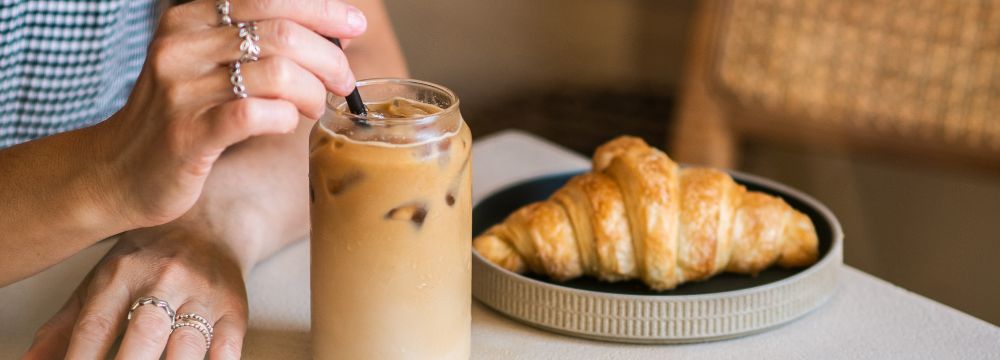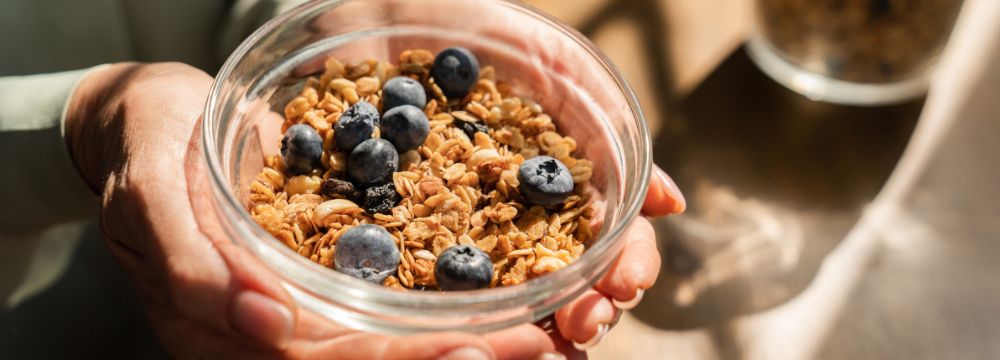
Updates and articles about Diet
 Are Green Powder Drinks Good for Bariatric Patients
Are Green Powder Drinks Good for Bariatric Patients
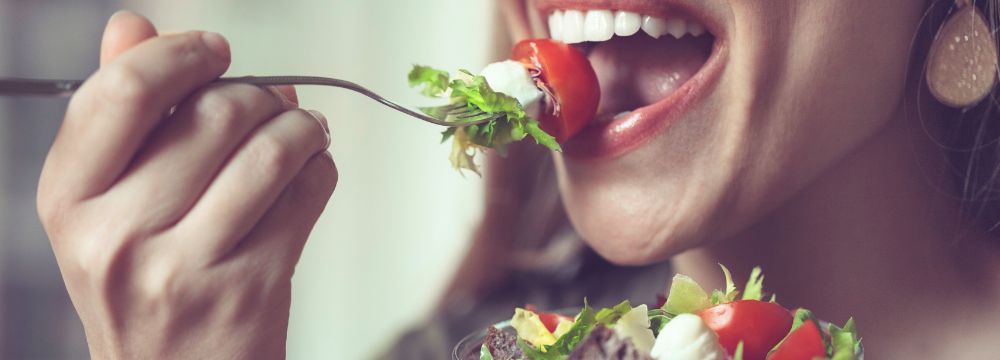 Why You’re Probably Consuming More Calories Than You Think and Need
Why You’re Probably Consuming More Calories Than You Think and Need
 Top 10 Hurdles After Bariatric Surgery
Top 10 Hurdles After Bariatric Surgery
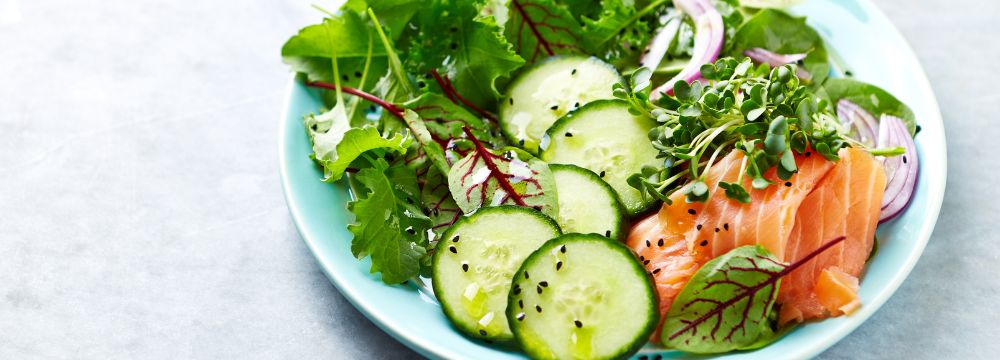 Does a Low-Carb Help Burn More Fat & Drop Weight?
Does a Low-Carb Help Burn More Fat & Drop Weight?
 How to Stick To Your Bariatric Diet if You’re Traveling This Summer
How to Stick To Your Bariatric Diet if You’re Traveling This Summer
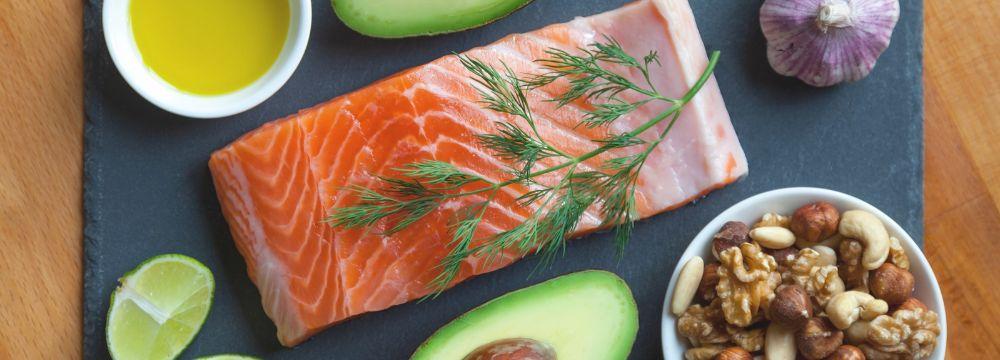 Fats: To Eat or Not to Eat
Fats: To Eat or Not to Eat
 Do You Have “Responsibilities” after Weight Loss Surgery
Do You Have “Responsibilities” after Weight Loss Surgery
 Forever Chemicals and Their Effect on Our Weight
Forever Chemicals and Their Effect on Our Weight
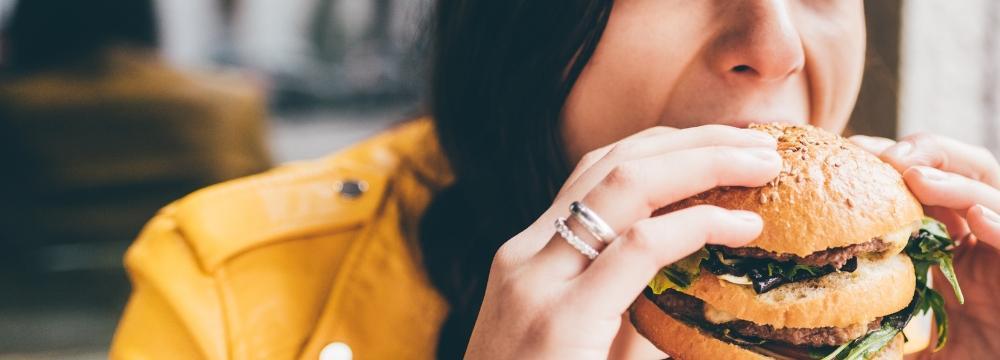 Is It Better to Skip Meals or Eat Fast Food After Bariatric Surgery?
Is It Better to Skip Meals or Eat Fast Food After Bariatric Surgery?
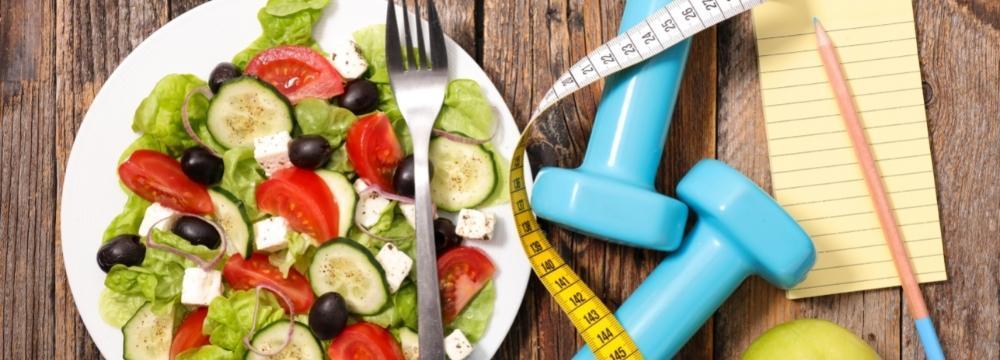 Why Dieting Alone Simply Doesn’t Work
Why Dieting Alone Simply Doesn’t Work
 Will I Be Able to Eat My Favorite Foods After Bariatric Surgery?
Will I Be Able to Eat My Favorite Foods After Bariatric Surgery?
 Habit Stacking Helps Hit Weight Loss Goals Both Before & After Bariatric Surgery
Habit Stacking Helps Hit Weight Loss Goals Both Before & After Bariatric Surgery
After Weight Loss Surgery
Bariatric Procedures
Bariatric Surgery
BMI
Colonoscopy
Colorectal Disease
COVID-19
Diabetes
Diet
Diverticulosis
Exercise
Expectations
Gallbladder Surgery
Gastric Bypass
Gastric Sleeve
General Surgery
GERD
Getting Started
Hemorrhoids
Hernia Surgery
Hydration
In The News
Joints
Obesity
Osteoarthritis
PPIs
Premier Protein Recipes
Robotic Surgery
Sleep
Social Media
Support
Wegovy/Zepbound
Weight Loss
Weight Loss 101
